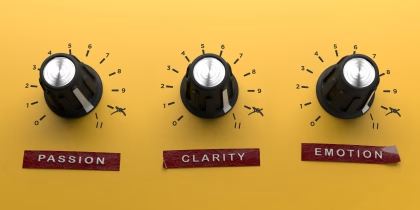Consumers’ swiping behavior largely determines their exposure to social media advertisements. According to embodied cognition and enactment theory, advertisers might leverage atypical swiping to increase attention and thus brand recall. To identify typical smartphone swiping, the authors develop a taxonomy of the motor actions consumers exhibit when browsing social media in real life. A mobile eye-tracking experiment then reveals how the typicality of smartphone swiping affects participants’ advertising reception. The results indicate that atypical smartphone swiping increases consumers’ visual ad attention but, surprisingly, decreases brand recall. These findings, observed under realistic viewing conditions, suggest a motoric vampire effect of atypical swiping: It appears to demand the allocation of cognitive resources to the odd motor action, which diverts cognitive resources away from the ad. Thus, atypical swiping poses a threat to advertising effectiveness, and advertisers need continued research to identify ways to mitigate these negative effects.
Related Posts
-

Why Dial Testing Alone Isn’t Enough in Media Testing — How to Build on It for Better Results
Consumer Insights
-

Tracking Emotional Engagement in Audience Measurement is Critical for Industry Success
Consumer Insights
-

How Real-Time Audience Intelligence Is Revolutionizing Modern Advertising
Consumer Insights
-

The Uncanny Valley And Designing Trust in Human-Robot Interaction
Academia



